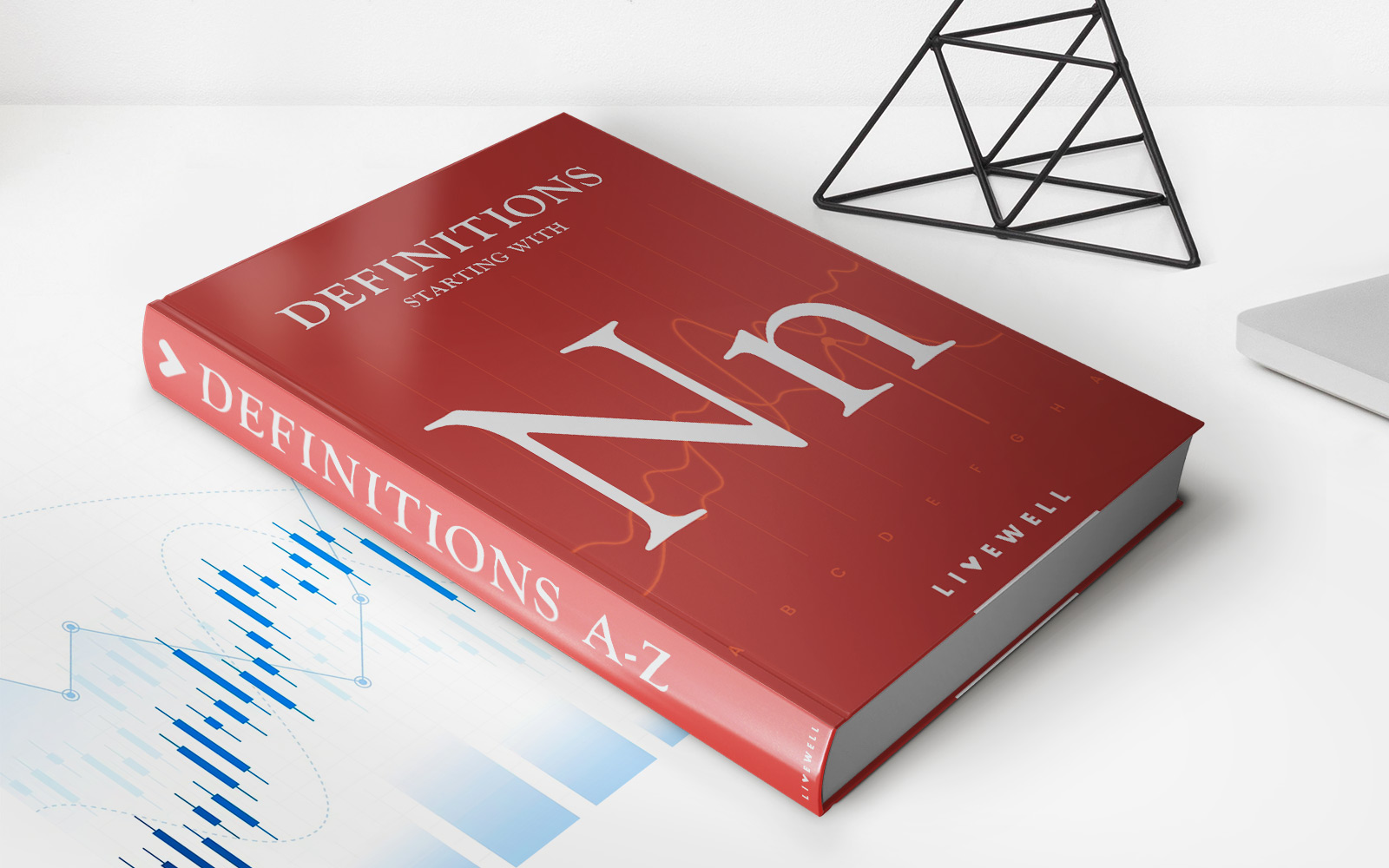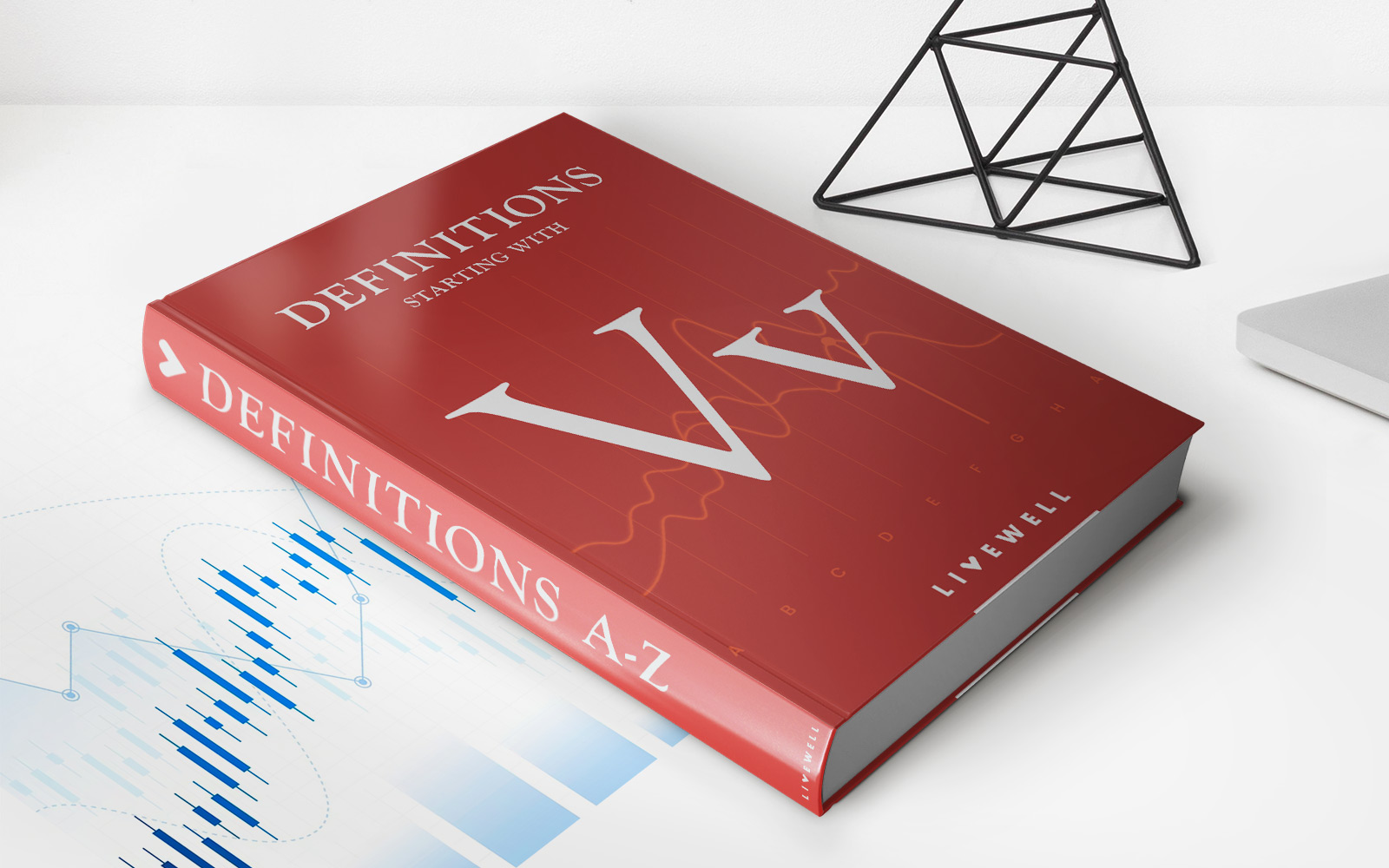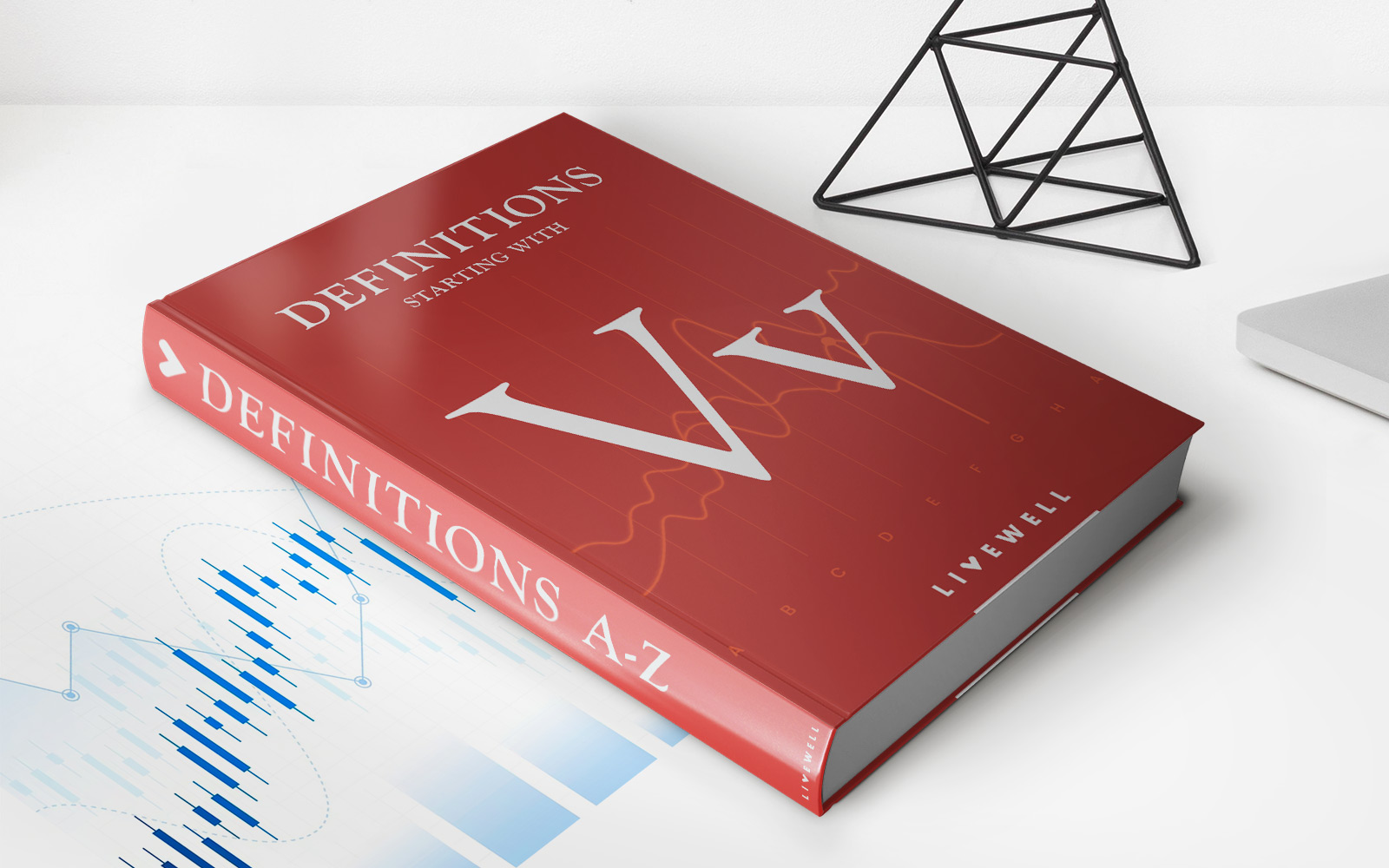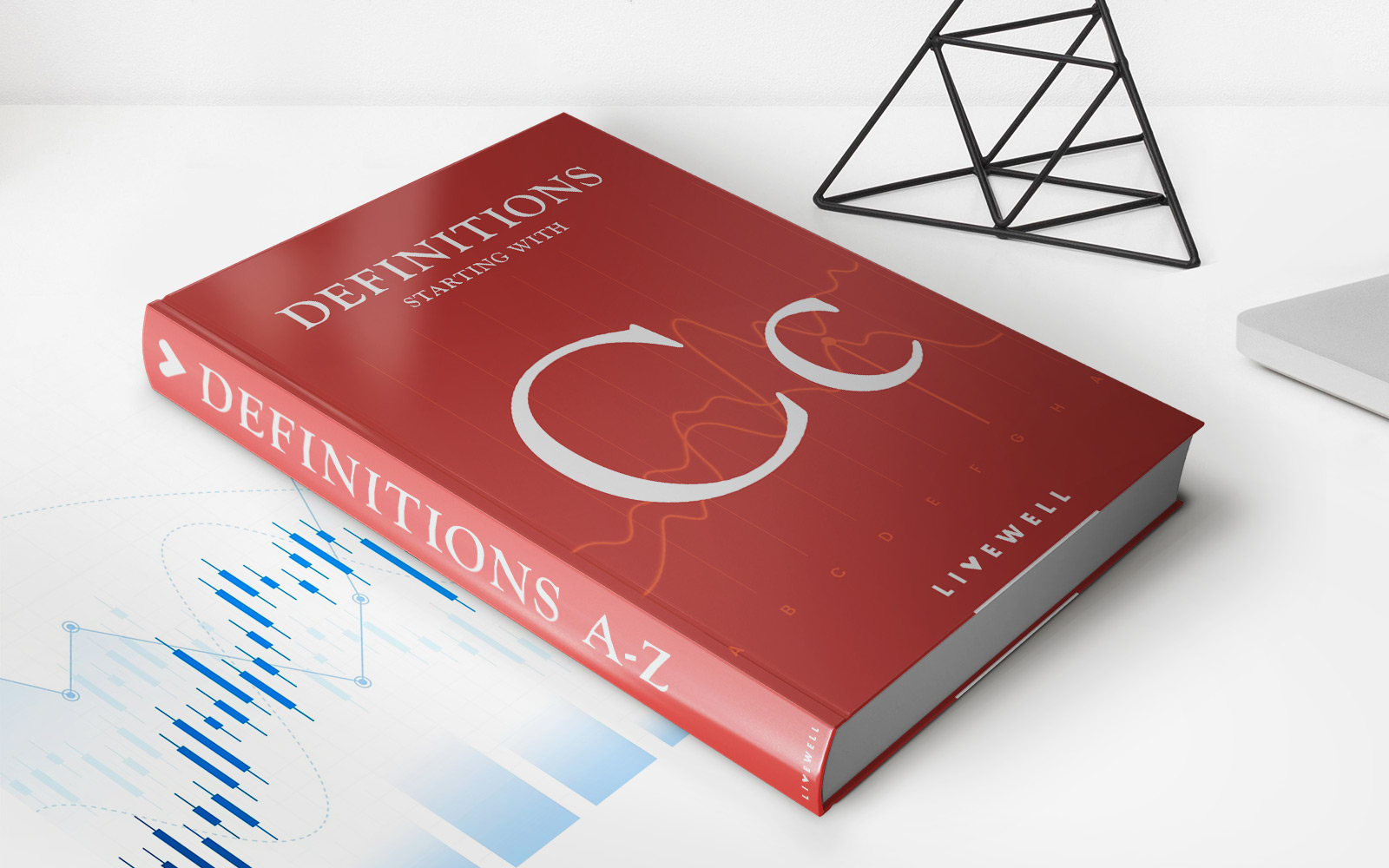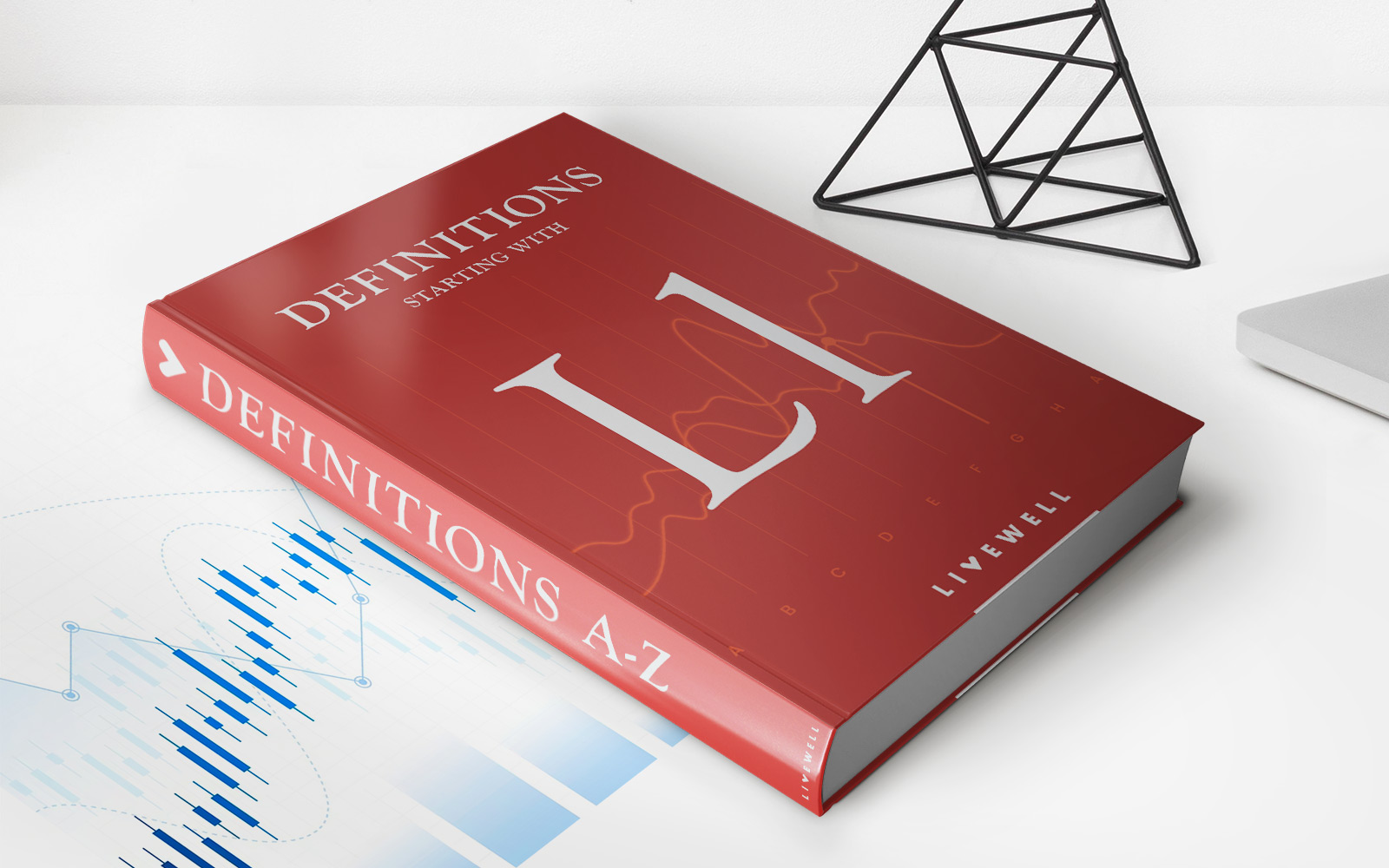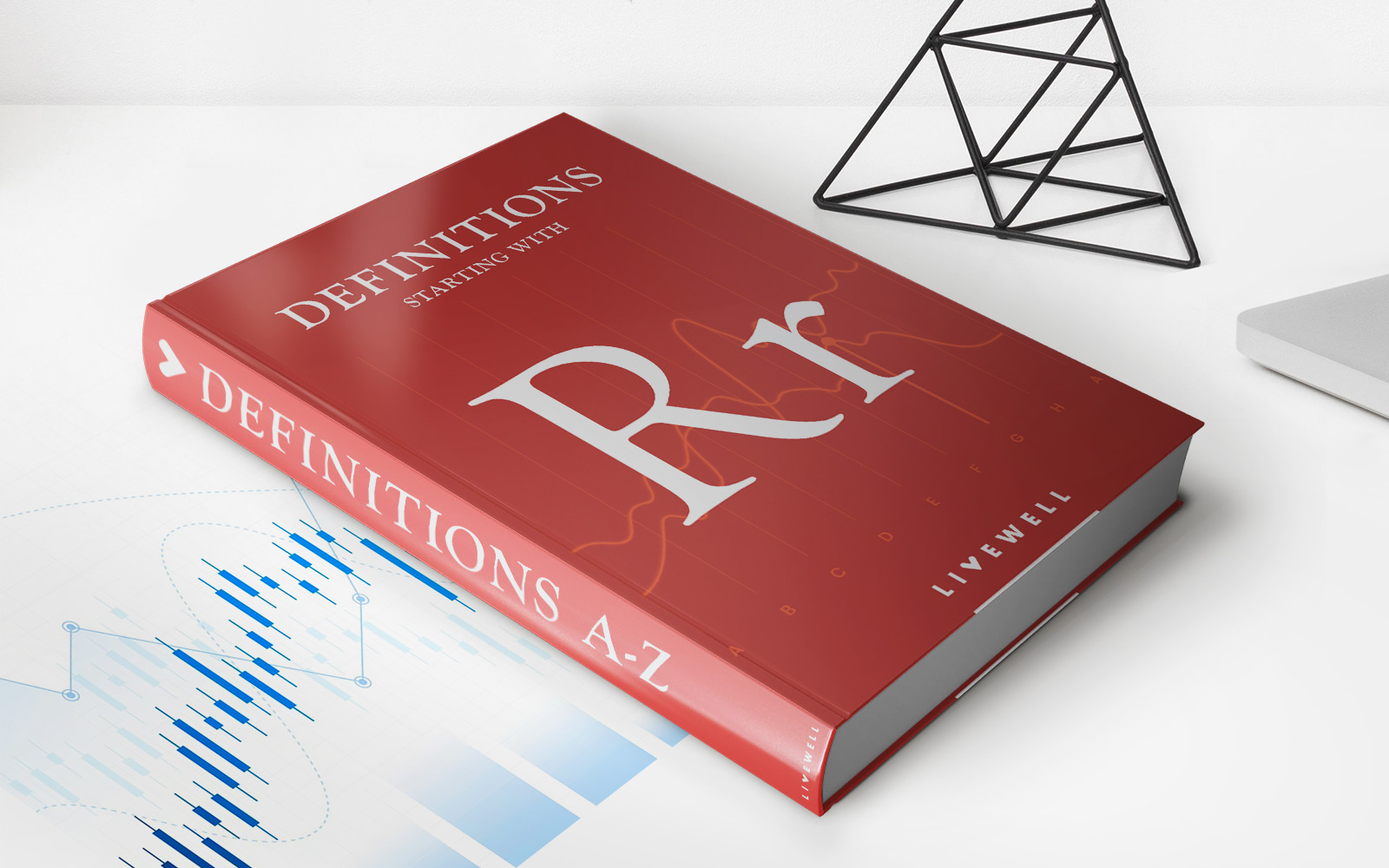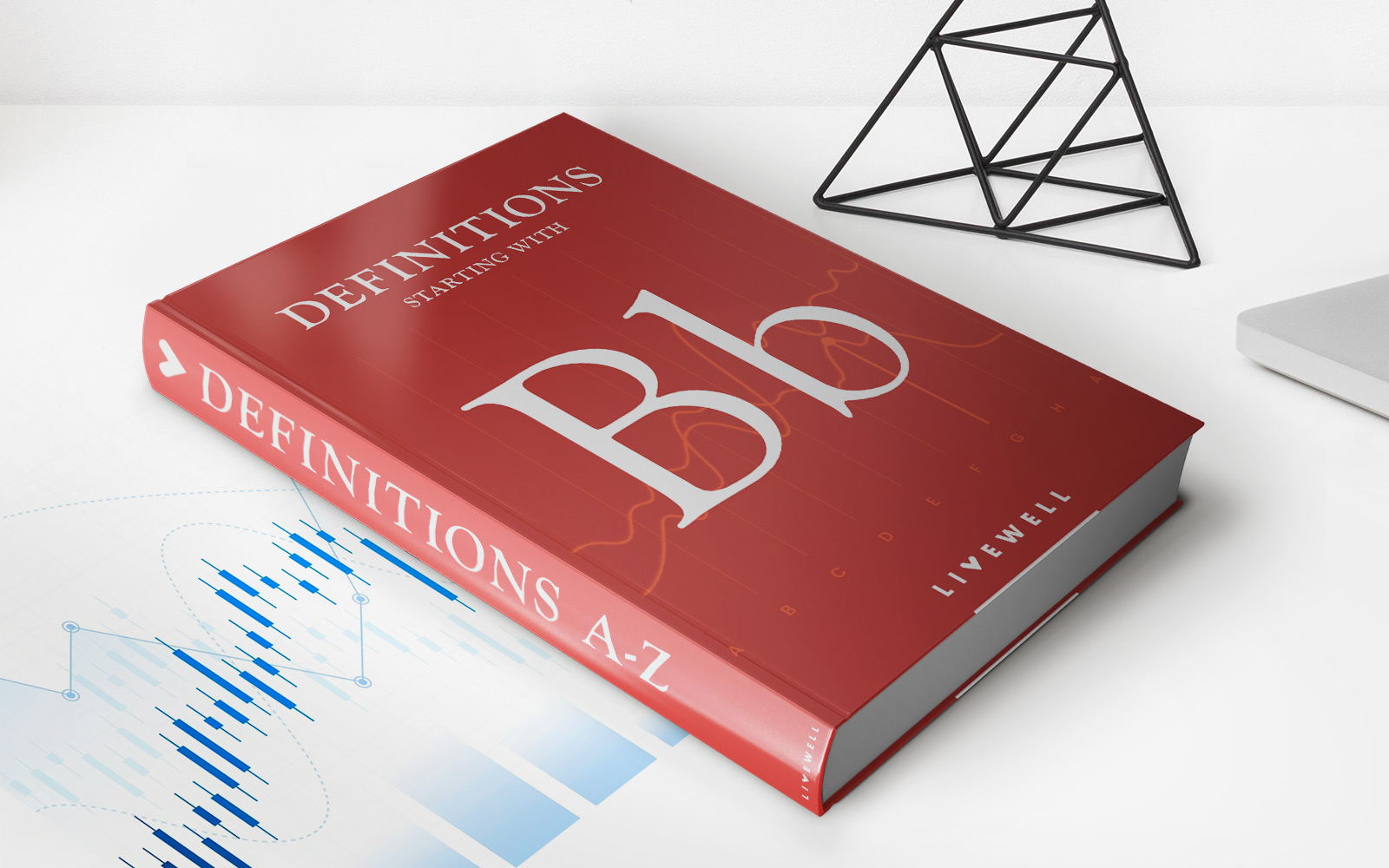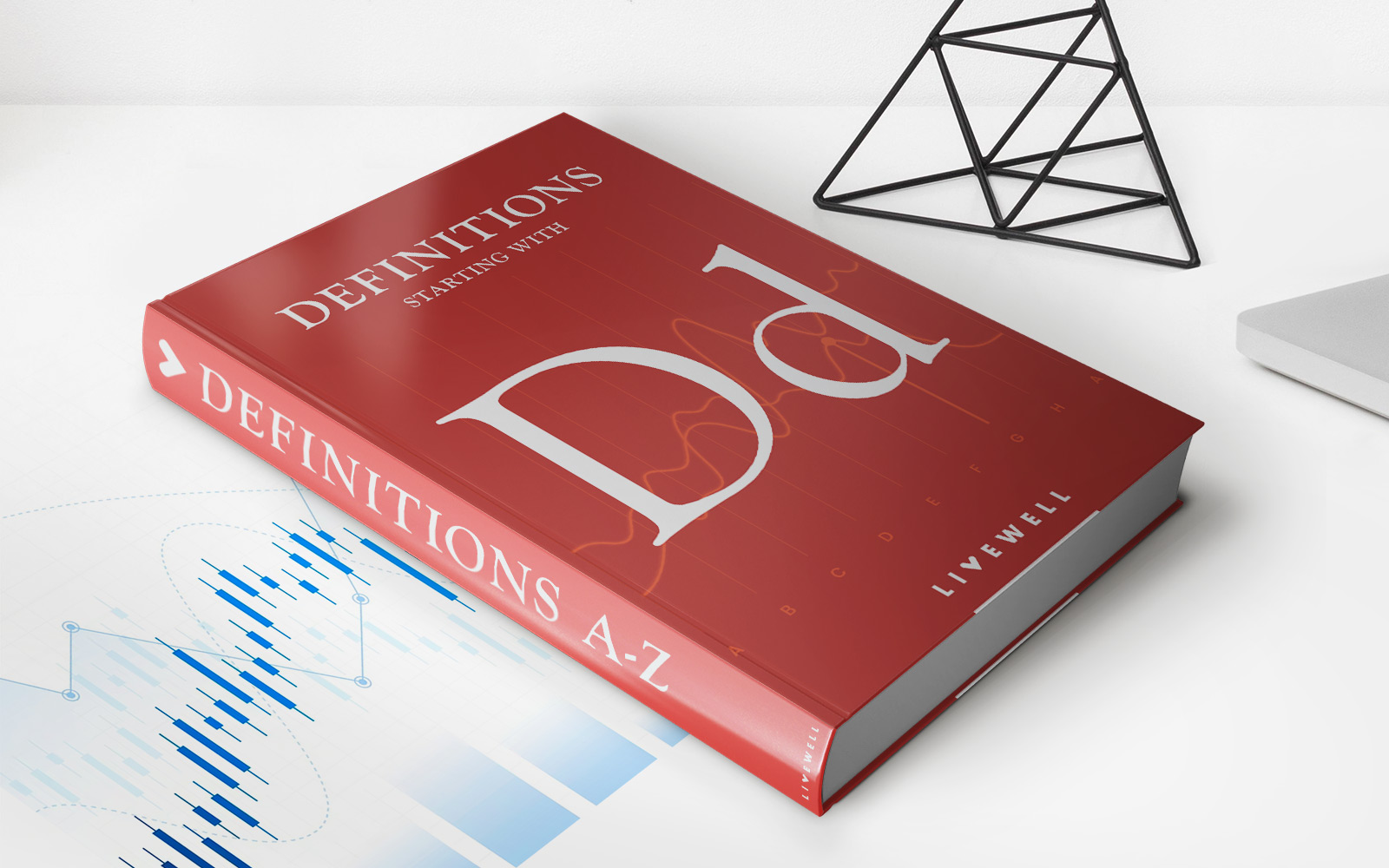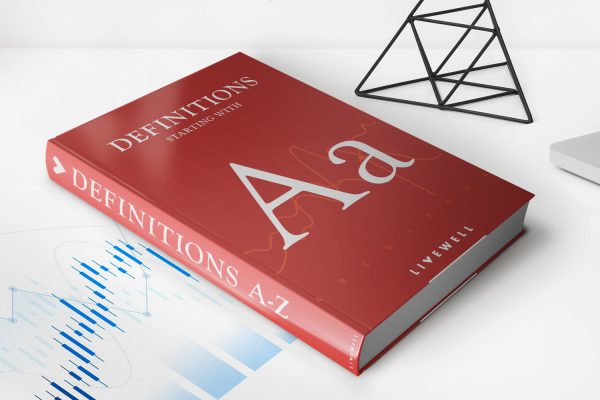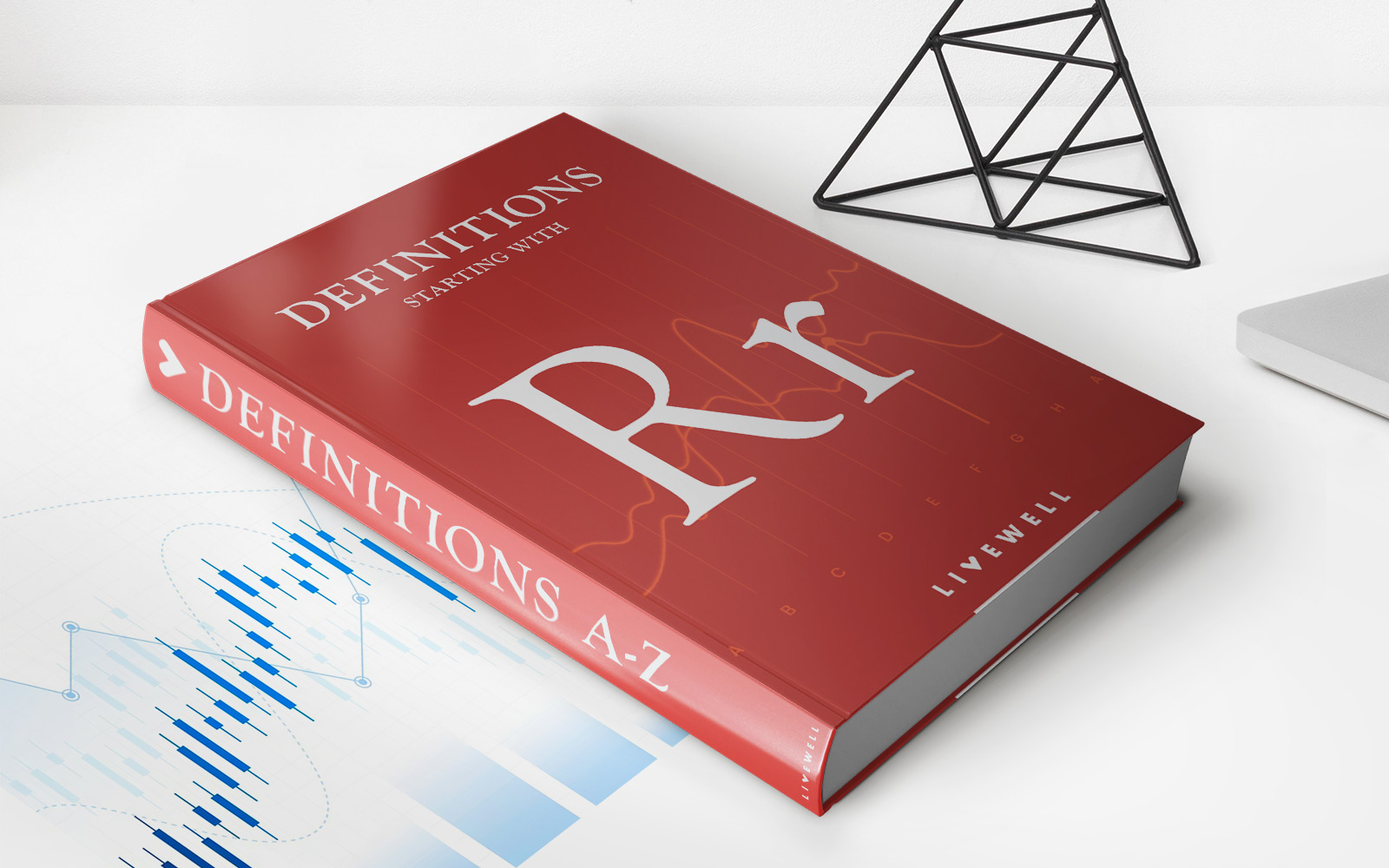

Finance
Reserve Bank Of New Zealand Definition
Published: January 19, 2024
Learn the definition of Reserve Bank of New Zealand and its role in the world of finance. Explore the functions and importance of this governing body.
(Many of the links in this article redirect to a specific reviewed product. Your purchase of these products through affiliate links helps to generate commission for LiveWell, at no extra cost. Learn more)
The Reserve Bank of New Zealand Definition: What You Need to Know
Are you looking to understand the role and function of the Reserve Bank of New Zealand? In this article, we will delve into the definition and importance of this central bank. Whether you are a finance enthusiast or simply curious about the New Zealand economy, this article will provide you with valuable insights and understanding.
Key Takeaways:
- The Reserve Bank of New Zealand is the country’s central bank.
- It plays a crucial role in managing monetary policy, maintaining price stability, and promoting financial stability in New Zealand.
But let’s start at the beginning. What is the Reserve Bank of New Zealand, and what does it do? The Reserve Bank of New Zealand, often referred to as the RBNZ, is the central bank of New Zealand. Just like any other central bank, its primary role is to oversee and regulate the country’s banking and financial system.
One of the key responsibilities of the Reserve Bank of New Zealand is to manage monetary policy. This involves controlling the supply of money and interest rates in order to maintain price stability within the economy. By influencing interest rates, the RBNZ aims to keep inflation in check and promote sustainable economic growth.
In addition to managing monetary policy, the RBNZ also plays a crucial role in promoting financial stability in New Zealand. This includes monitoring and regulating banks, ensuring they comply with prudential regulations, and safeguarding the integrity of the financial system as a whole. The Reserve Bank acts as a lender of last resort, providing emergency liquidity to banks in times of financial stress.
As the issuer of the New Zealand dollar, the Reserve Bank of New Zealand is also responsible for managing the country’s currency and foreign exchange reserves. It aims to maintain an efficient and stable foreign exchange market, ensuring smooth international transactions and supporting economic growth.
Now that we have a better understanding of the Reserve Bank of New Zealand’s definition and its primary functions, let’s explore why it is important for both the economy and individuals:
The Importance of the Reserve Bank of New Zealand:
1. Ensuring Price Stability: The Reserve Bank’s main objective is to maintain price stability, which is crucial for a healthy and predictable economy. By keeping inflation in check, the RBNZ helps preserve the purchasing power of individuals and businesses, ensuring a stable economic environment.
2. Promoting Financial Stability: The Reserve Bank plays a crucial role in safeguarding the stability of the financial system. By regulating and supervising banks, monitoring financial risks, and providing emergency liquidity support, the RBNZ helps protect the economy from potential shocks, ensuring the smooth functioning of financial markets.
Overall, the Reserve Bank of New Zealand is a vital institution that plays a critical role in maintaining a stable and robust economy. Its functions in managing monetary policy, promoting financial stability, and managing the country’s currency are essential for the well-being of individuals, businesses, and the overall New Zealand economy.
So, the next time you hear about the Reserve Bank of New Zealand, you will have a clear understanding of its definition and significance.

